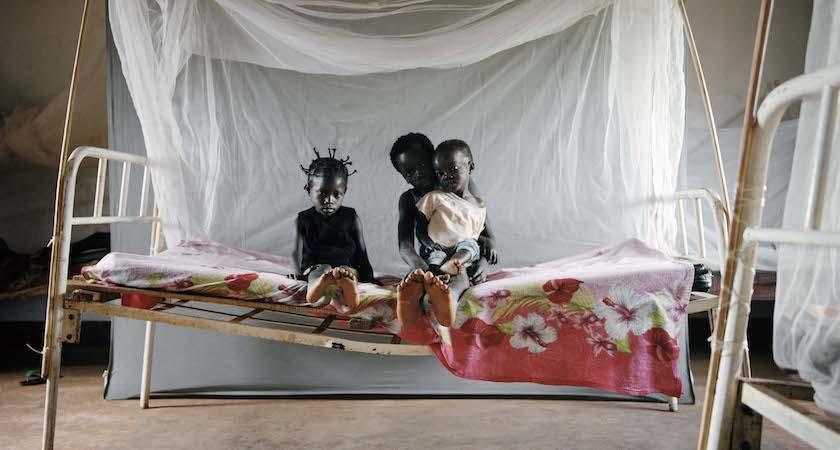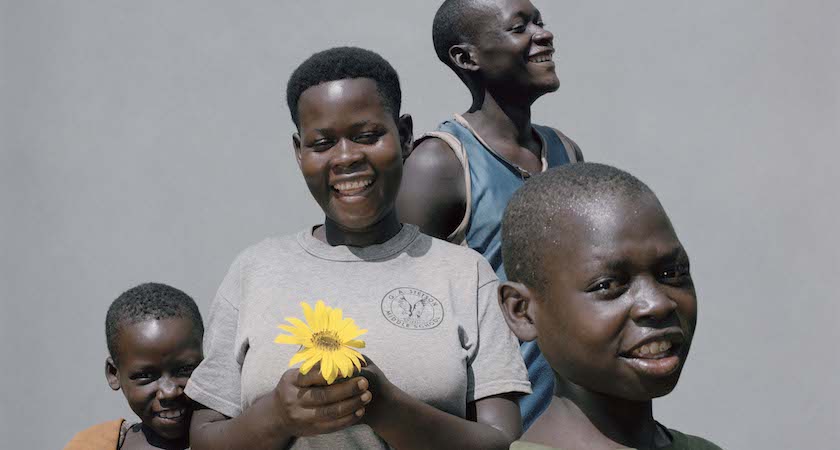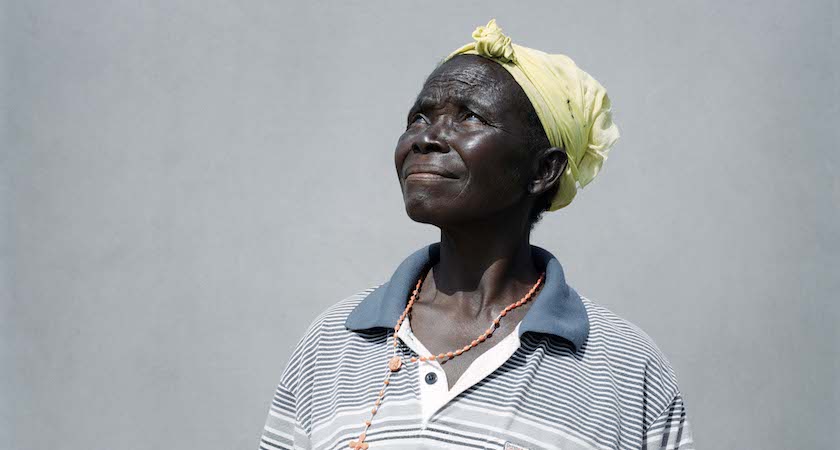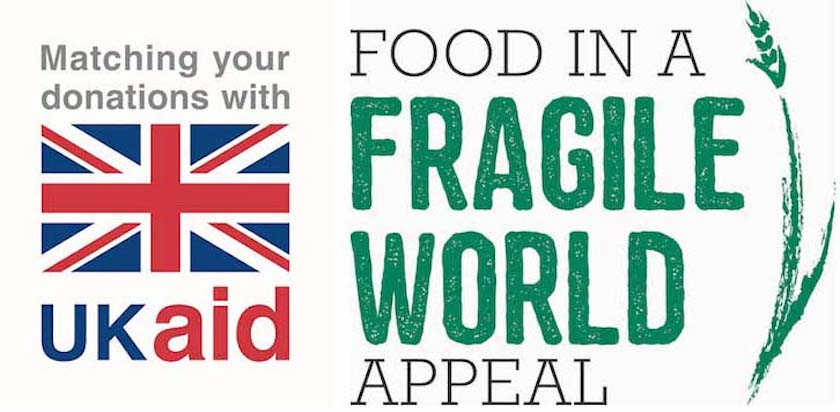THE global challenges of conflict and climate change are having a devastating impact across the world.
According to Irish charity Concern Worldwide, the increase in the number of conflicts and extreme climate events such as drought and flooding means that millions of vulnerable people experience fear, uncertainty and violence every day.
They also face a hidden enemy – dangerous levels of hunger and malnutrition.
As part of Concern Worldwide’s Food in a Fragile World appeal, photographer, Chris de Bode travelled to Burundi, Central African Republic and Niger to visit the people they work with in the poorest communities.
Concern is raising funds to help the poorest families get the food, water and healthcare they need to survive and reach their full potential.
Every donation made to the appeal before December 17 will be matched pound for pound by the British Government.
See here for more.
Here are five Chris de Bode pictures that show what the reality of life is like for those in some of the world’s poorest communities.
Hassana - Niger
Hassana Abdourahamane, together with other members of a community farming group in Kosoma.
The women grow vegetables including onions, tomatoes, potatoes, carrots, cabbages and aubergines on land that is loaned to them.
Initial seeds and training were provided by Concern but the women are now self-sufficient because they are able to sell some of what they grow.
“During the first harvest we were surprised that this was the result of our efforts – these were things we had never seen or grown before,” she said. “It was like we were dreaming when we saw what we had grown.”
Espérence - Burundi
Mother-of-two Espérence Ndayishimiye, 26, is bringing up her young children on her own after her husband abandoned her two months ago.
Her makeshift house, constructed from sticks and leaves, overlooks Lake Kanzigiri in Busoni, in the far north of Burundi.
Her three-year-old son Blaise is acutely malnourished and weighs only 6.2 kilos - less than Julienne, his 16-month-old sister, who is still being breastfed.
“Blaise can only eat when there is food. But there are many times we don’t have anything and we go to sleep without eating. We can only eat when I find casual work. Sometimes a whole week passes without finding anything – and all we can do is eat cassava leaves.”
Octavie - Central African Republic
Octavie (right) is only 13 but looks after her younger sister and nephew after their mothers moved away to the city.
Some days the children have nothing to eat and as a result Jolivia, five, and Jolidor, two, are both malnourished.
They have been receiving a special nutrient-enriched therapeutic food for the last three months from the Boyali Health Post which Concern supports, working with volunteers from the community.
Denise - Burundi
Denise Nyamwiza, 20, is responsible for her siblings after their parents died of malaria two years ago.
Denise searches for casual labour and sometimes makes money from selling avocados and ground sunflower seeds she grows on a small plot of land.
Today, she received the news that she has been selected to take part in Concern’s Graduation programme meaning she will receive skills training and access to financial services to help her build a sustainable livelihood.
“Life is terrible since our parents died,” she said. “After their deaths, my brothers and sisters had to abandon school because we couldn’t afford for them not to be available to work. I am always stressed because I know that I am responsible for my sisters and brothers.”
Josephine - Central African Republic
Josephine Zawele, 45, is a member of a farmer field school in Boganando.
Farmers use the field school to learn new agricultural techniques which they can then replicate on their own land.
“I used to struggle to find something for my family to eat,” she said.
“We used to just eat cassava leaves. I think what I am learning will help me to improve and increase what I can produce.”






